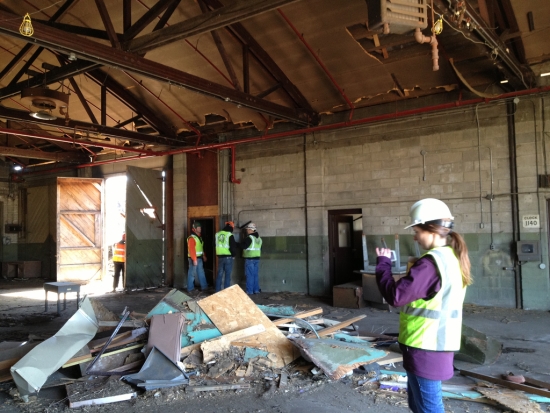US financial institutions that foreclose on commercial properties may find themselves in a position where they are liable if the site requires an environmental cleanup. This problem has been made worse by the global financial crisis.

According to experts, smaller financial institutions, including mid-market firms, often do not have the financial resources of their larger counterparts if a liability happens to arise.
Under the U.S. Comprehensive Environmental Response, Compensation and Liability Act, which is commonly known as the Superfund law, owners or operators of properties which contain hazardous materials must dispose of them or provide funding for their treatment. The 1996 Asset Conservation, Lender Liability and Deposit Insurance Protection Act includes a secured creditor exemption which eliminated owner/occupier liability for lenders, as long as they do not “participate in the management of the facility.”
Neal Glazer, a partner and head of the environmental and toxic torts group at the New York law firm of D’Amato & Lynch L.L.P said;
“As long as banks avoid participating in the management of the foreclosed property, they are pretty well protected from liability. They should not influence or control the day-to-day environmental treatment of waste or hazardous materials at the contaminated site.”
According to Mr. Glazer, active, day-to-day management of a site “could open the door to exposure.”
The 1996 amendment to the law gives lenders some protection, but there is still some confusion about how to navigate the exemption. Exactly what is considered “participating in the management of the on-site operations” may not be clear, according to Debra Hausser, a financial institutions leader of environmental site and specialties products and Zurich North America.
Richard Sheldon, the environmental practice leader at Willis North America Inc. in New York, said;
“The concern for lenders is, should they take ownership of a property and then be involved in the use of that property or its operations, they could very well be liable for any environmental problems associated with that site. The legal interpretation of the property’s management is the crux of the issue.”
Lenders may also be responsible for third-party liability for bodily injury or property damage claims from an on-site tenant or an adjacent property owner for contamination that may have spread onto their property. The lender may also incur legal costs with third-party claims.
Banks will need to be more cautious about lending money, especially about refinancing for properties. They will need to remain at arms’ length and avoid taking on too much operational responsibility. In some cases, banks have been caught up in these situations when they have bought commercial properties in bulk to renovate and resell them. The foreclosed properties have been contaminated by mold, requiring cleanup before they can be sold.
Banks can buy environmental impairment liability but they tend not to because of strict underwriting criteria.
Previous Post
Mystery over Stoke Land Sale Delays Retail Expansion